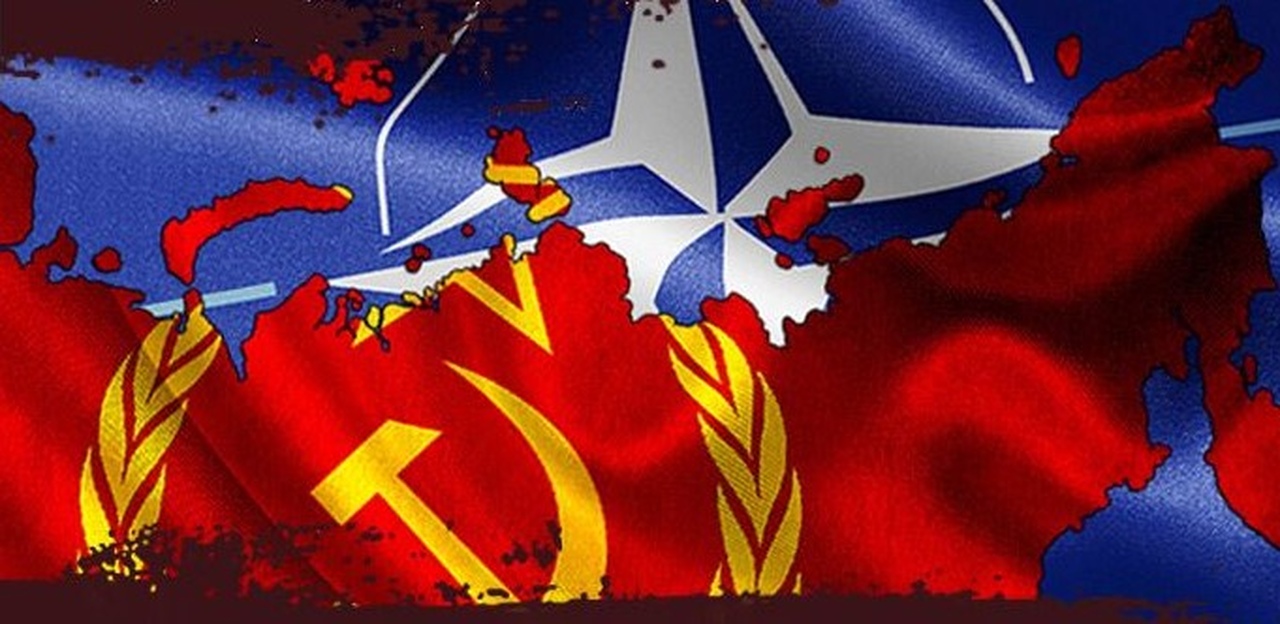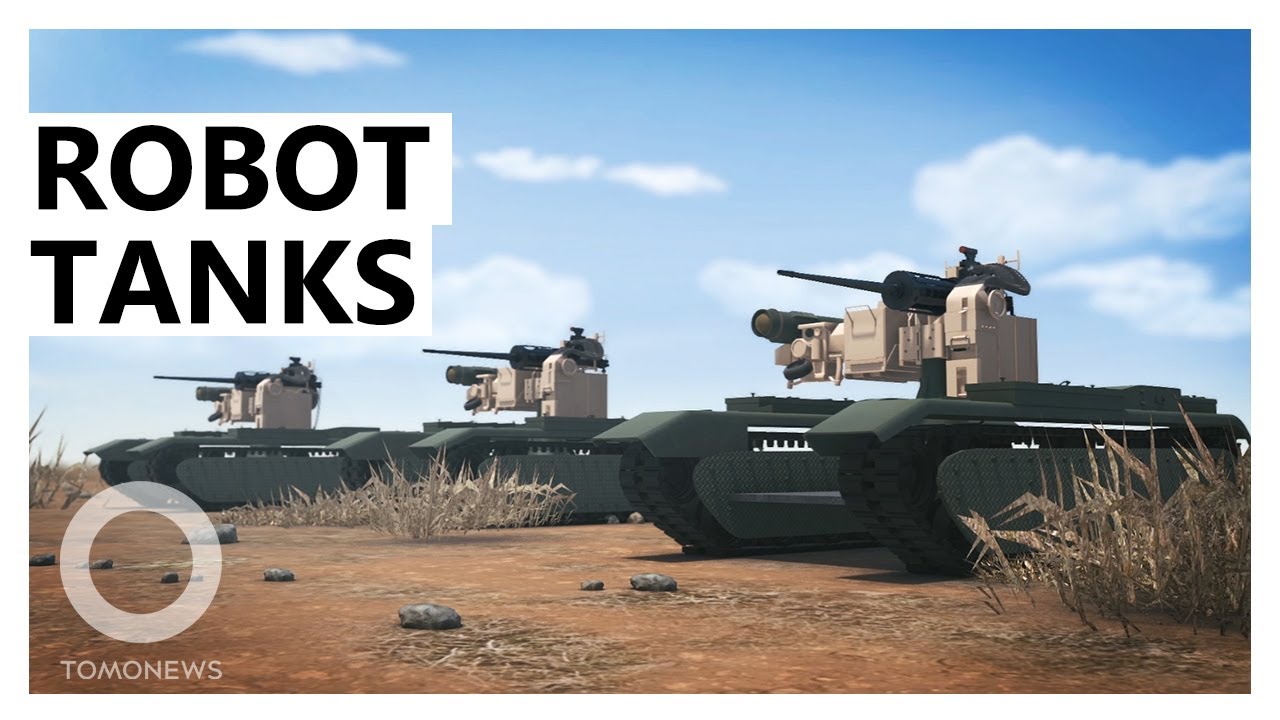
The military is investing in more advanced technology as it looks towards the future. These technologies include Drones and robots. The use of advanced technology in war is transforming warfare, and global powers are preparing their military to use them to their advantage. Artificial intelligence is one of these emerging technologies.
Artificial Intelligence
Some people argue that AI technologies are now as dangerous as nukes, due to their recent advances. Proactive regulation is needed to stop the misuse and exploitation AI in the military. Russian robotic systems, like the one in this example, are built according to technical specifications that have been set by Russia's government. However, this type regulation can't replace legal regulations. Unlike technical regulation, legal regulation is mandatory for all subjects.
It is crucial to have legal regulations in place for AI activities to give objective information to regulators and owners of AI. For example, legal regulations must clarify when a system should be stopped. This includes when an enemy raises its white flag, or when a target is designated as a not-combatant. Furthermore, legal regulations must define the entities that have the right to use military-grade AI. These systems could be used to commit criminal acts.
Robots
Remotely controlled, autonomous military robots can perform a wide range of functions. They are capable of transport, search and rescue, and attack missions. These robots are an asset for the military and other organisations. In addition, they are an increasingly effective way to monitor and protect troops.

WASP drone is one example of military robots. This is a lightweight remote-controlled drone capable of flying at low altitudes. It is currently being used by the US military to carry out surveillance and reconnaissance. A second application of robots is search and rescue. They can save lives. Due to the delay in responding, most casualties in wartime can be attributed to a lack of urgency. Therefore, many countries are investing in this field to improve response times.